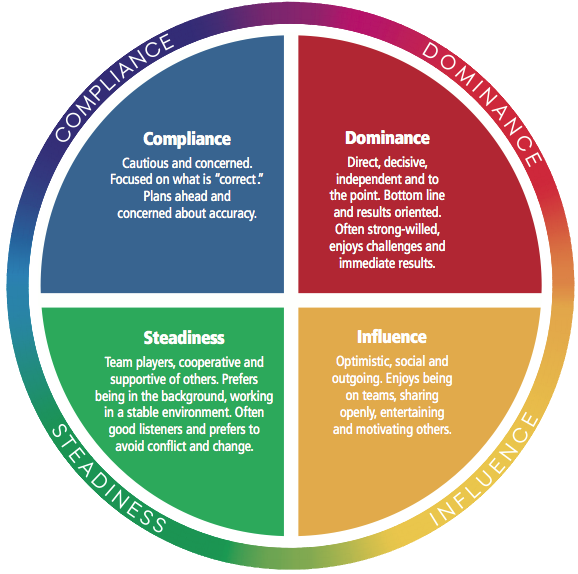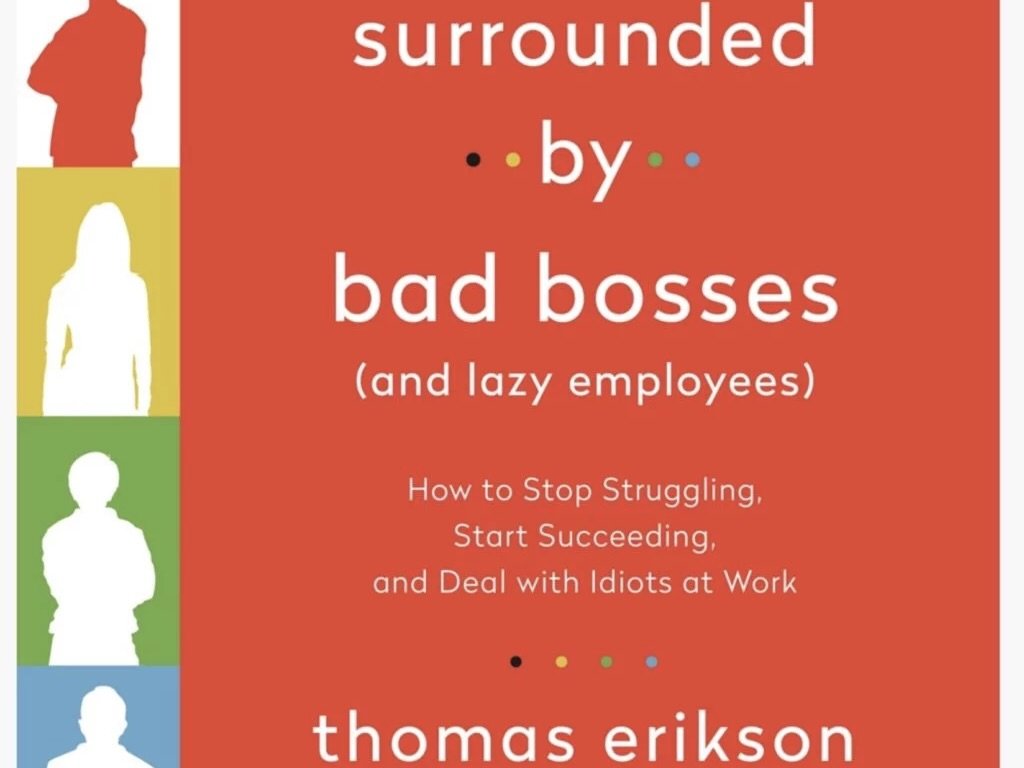Why you should choose your boss, instead of your employer
The leader needs to be a leader and give her staff what they need. By that, I mean instruct, educate, explain and show how the work should be done. But also to support, coach and pep; to plan the group’s work, to give feedback, to motivate, to lead group meetings, as well as lots of other things designed to make things easier for their staff.
Instead of letting the staff solve their own problems, the boss interferes. It’s not guaranteed that the outcome will be better because of this interference.
Leadership is a process of communication
The ability to communicate effectively with their staff is the most essential skill a leader can have. The boss is the person you must follow and the leader is the person you want to follow. The best scenario would be if the boss and the leader were one and the same person and sometimes they are.
To be respected in their leadership role, the leader must learn how their staff function. There are many things that affect how a person functions: a person’s driving forces and a person’s development level.
Task vs Relationship Oriented
Task-oriented leaders don’t need a lot of support to get the job done. They don’t get bogged down easily in emotional issues, they don’t lose focus in the same way that relationship-oriented leaders can. But they can neglect to consider the opinions and attitudes of the staff.
Relationship-oriented leaders are more focused on the people at the workplace and the interactions between them. To work well in a team, they need to know their colleagues and understand them at least to some point to get the job done well. But if a member doesn’t perform well, they immediately feel uncomfortable.
Extroverted vs Introverted
Being extroverted means being action-oriented and experiences are important to them, otherwise, they won’t stay engaged. They have strong egos and they are natural decision-makers and happy to take risks. If the decision is wrong they can stand up for new ideas.
Introverts have more of a “wait-and-see” attitude. The path to a decision is just as important as the decision itself.

Why do you sometimes feel stressed at work?
The red leader with yellow in their profile becomes a little softer in their approach, but if combined with blue, they become more likely to stop and consider the details.
When combined with red, the yellow leader becomes more concrete, but if yellow is together with green they become calmer and intuitive.
The green leader combined with yellow becomes more open and easier to absorb new ideas and in combination with blue will become more introverted.
The reds are completely inhumans aren’t they? The yellows are awful, they never shut up! Green people just seems so horribly lazy and those frozen blue types almost scare me.
No behaviour profile is more right or wrong and remembers: just because you’re right, it doesn’t necessarily follow that your boss is wrong. But when communication fails, stress is ready to pounce.
Stress is often the feeling of having too much to do and too little time to do it. However, sometimes you’re just bad at prioritizing.
Red will blame others, yellow will transformed into grumpy small children, green become more insecure than usual and blue way more pessimistic.
Why do you definitely want a…
Red boss
They will always decide something, and their clarity, and strong protection, stick strictly to the point. On the other hand, they are lacking patience, don’t have much time and want to know if there is a problem you already have options for the solution. Focus on target and results. Don’t take everything personally but you need to look at the intention behind certain comments. It’s better to say “no, thank you” straight away.
Yellow Boss
They are the smartest communicators, confident and skilled to make the most depressing news sound like a fantastic success, they are good salesmen too but not listeners. However, if they perceive you as irritable and grumpy then they will end up in a similarly bad mood. So, don’t come up with problems but offer some solutions too. Remember the thoughts of your yellow boss are mostly in the future.
Green Boss
They would rather be one of the gang than somebody who has the spotlight, they can find it rather challenging to make a decision or don’t appreciate change. They will want to solve the issue by mutual agreement.
Blue Boss
The best choice to get detailed answers, they are less susceptible to internal politics and rarely fan the flames of any conflict. If you’re a newbie and want to learn the job ask the blue boss. But they will dig out all the details, looking for proof that what you say is correct. If you don’t know the answer it’s fine to say so. You don’t need to answer quickly, they know to get 100% correct takes time, but if you promise to get back to them at 2 pm on Thursday, make sure you do so cause they already noted that in their calendar. Same with the red boss, just drop the small talk they don’t care about it.
Why do we do what we do?
- A theoretical driving force, a passion for knowledge and truth
- A utilitarian driving force, a passion for what’s useful
- An aesthetic driving force, a passion for balance and harmony
- A social driving force, a passion to help others
- An individualistic driving force, a passion for personal success
The best way to put a team together
If the group is ripped apart by conflict, then it doesn’t matter how skilful the individuals are. If you have the yellow member to get an idea, the red member says Go, the Green member does the actual job and the blue member does a final appraisal, you have a dream team.
Established important basic values within the organization, and discussed our guiding lights, visions and missions but the most important is to stand for honesty, cooperation, respect and responsibility.
Leadership is painfully similar to parenthood: they don’t do what you say, they do what you do.
Ciao!
